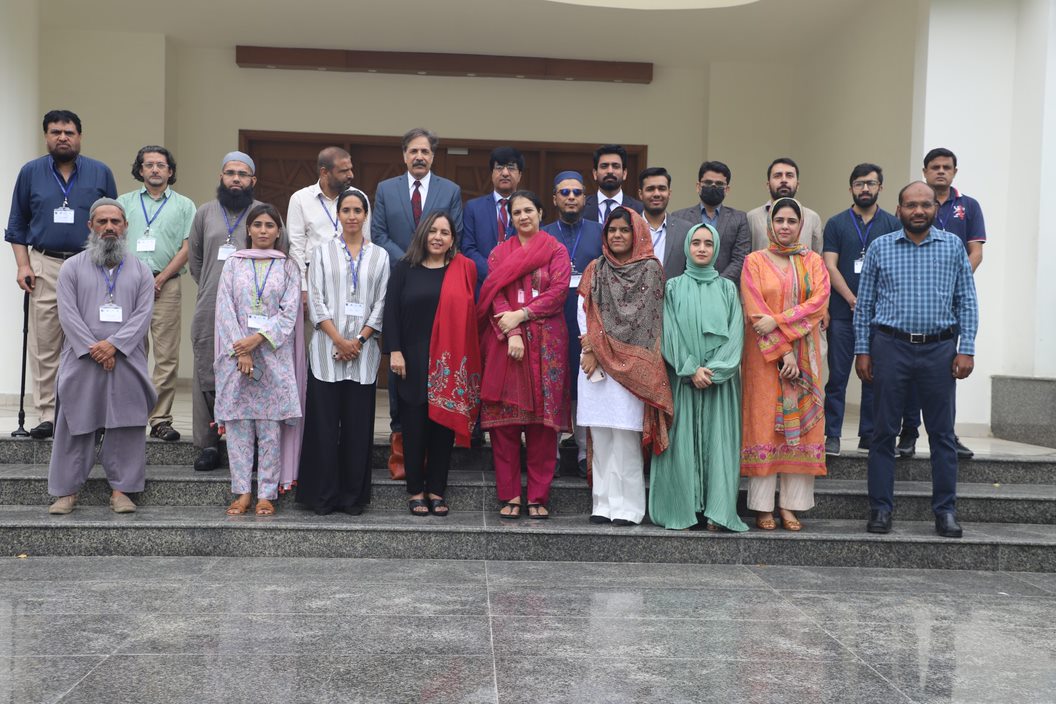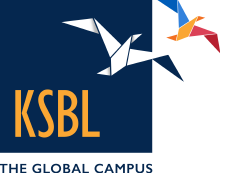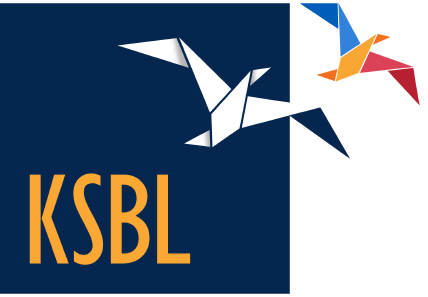
CPI Workshop on Implementing Basel Conventions on Amendments for Enhanced Control of Plastic Waste Movements in Pakistan
KSBL Circular Plastics Institute (CPI) recently hosted a workshop on Implementing Basel Conventions on Amendments for Enhanced Control of Plastic Waste Movements in Pakistan. This was a collaborative effort involving Comsat, with support from the Asia Pacific Network and Engro Polymers. The workshop was conducted under the banner of our ongoing initiative, “Value Chain Mapping and Capacity Building of Pakistani Government Stakeholders to Implement Basel Convention’s Amendments for Enhanced Control of Transboundary Plastic Waste Movements’ as an inaugural technical training.
The workshop was graced by distinguished speakers who elucidated crucial aspects of the Basel Convention’s amendments and their implications on plastic waste trade. Jim Puckett, executive Director Basel Action Network, a prominent figure in this domain, delivered an insightful discourse on the key amendment points, shedding light on the significance of researching and recommending policies. His presentation underscored the criticality of mapping hazardous additives, both locally manufactured and traded products, and the establishment of 'contamination levels’ for scrap trade and treatment.
Another noteworthy contributor, Nancy Isarin, Waste Crime and Corruption Expert presented an illuminating overview of the trade process and legislative ramifications associated with Basel Amendments, particularly in the contexts of mixed, municipal, and post-industrial waste trading.
Imran Sabir, Director of Natural Resources at the EPA, delivered a compelling address, accentuating the imperative for input/output inventories and enhanced coordination among various governmental bodies. He highlighted that a unilateral approach, lacking stakeholder confidence, could inadvertently lead to increased pollution, fuel illegal operations, and hinder progress.
Shiza Aslam, serving as the project’s technical lead, delved into a comprehensive analysis. She presented the national metabolism of PVC for the years 2007 and 2021, aligned with PVC product profiles and sector-specific utility. Her insightful presentation not only highlighted methodological intricacies in quantification but also underscored their far-reaching implications across the plastic value chain. Moreover, Shiza emphasized the strategic importance of secondary resource availability in the market and delineated methodologies for setting recyclate or product circularity thresholds, while also acknowledging inherent limitations.
An integral aspect of the workshop was the insightful contributions made by experts and participants. Their critical research findings and policy recommendations, stemming from dynamic discussions, promise to augment our collective knowledge base.
Also present at the occasion were Favad Soomro (Head, Engro Foundation) and Aijaz Haq (Head of Growth and Industry Linkages) who expressed their gratitude to the stakeholders for playing their role for this collective cause. Dr. Ahmad Junaid (Rector & Dean, KSBL) shared how KSBL is committed to playing our role is establishing an ecosystem for circular economy in Pakistan. Talking about CPI, he shared how it aims to reduce the environmental impact of manufacturing, reprocessing, and plastic use and ensuring adequate end-of-life management of plastic through collaboration, research, and implementation.
In the coming weeks, CPI anticipates sharing the comprehensive proceedings and recommendations emanating from this session. These insights not only advance our project’s objectives but also stand as a testament to our commitment to fostering a sustainable circular economy in Pakistan. Our collaborative efforts, supported by esteemed partners, continue to pave the way for effective plastic waste management and transboundary control.


